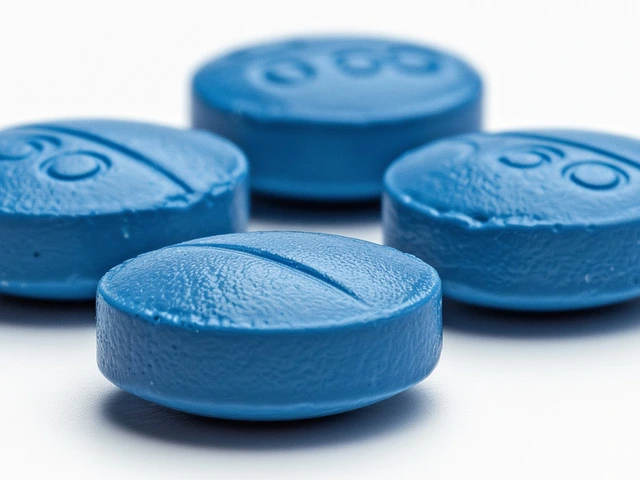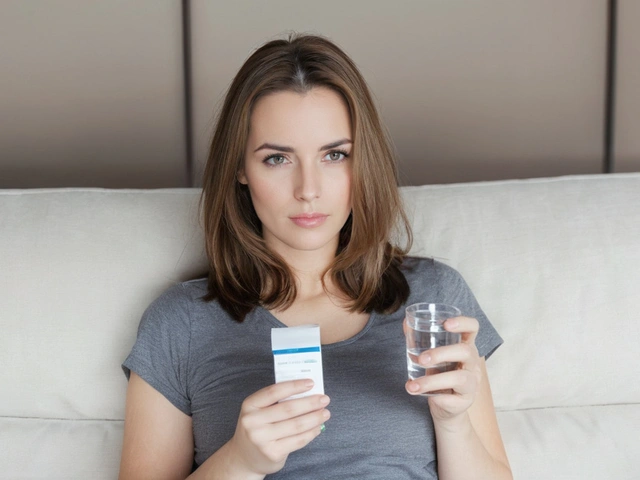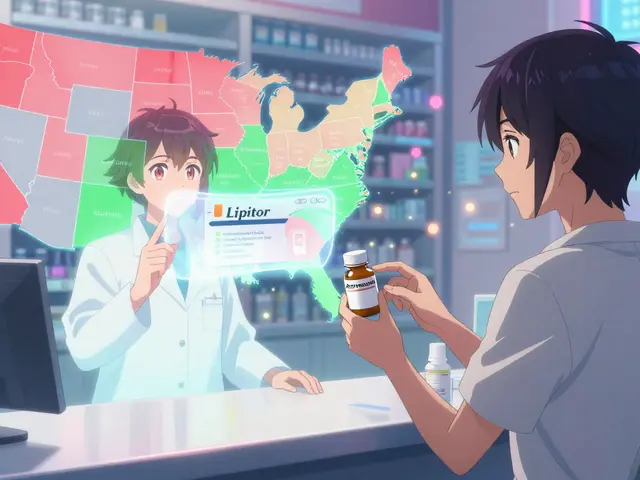FDA Orange Book: What It Is and How It Helps You Choose Medications
When you hear FDA Orange Book, a public database from the U.S. Food and Drug Administration that lists approved drug products with therapeutic equivalence evaluations. Also known as Approved Drug Products with Therapeutic Equivalence Evaluations, it’s the go-to source for figuring out if a generic pill is truly interchangeable with the brand-name version you’ve been taking. This isn’t just for pharmacists or doctors — if you’ve ever been switched from a brand drug to a cheaper generic, this book is why that happened.
The FDA Orange Book doesn’t just list drugs — it tells you which generics are considered therapeutically equivalent to the original. That means they work the same way in your body, have the same active ingredient, dose, and route of delivery. But not all generics are marked equal. Some are listed as "AB" rated — safe to swap. Others are "BX," meaning they’re not recommended for substitution. If you’re on a medication like levothyroxine or psychiatric drugs, that distinction matters. Small differences in absorption can throw off your treatment. The Drugs@FDA database, which you’ll find linked from the Orange Book, gives you the full approval history, including clinical data and labeling. Together, these tools help you ask better questions when your pharmacy tries to switch your meds.
Why does this all matter? Because your insurance company or pharmacy benefit manager (PBM) often pushes generics to cut costs. But if your condition is sensitive — like thyroid disease, epilepsy, or heart rhythm disorders — even minor variations can cause side effects or make your treatment less effective. The FDA Orange Book gives you the facts to push back. You can show your doctor or pharmacist exactly which generics are approved as interchangeable and which aren’t. It’s also how you find out if a new generic has been approved recently, or if your current brand drug still has patent protection. This isn’t about being stubborn. It’s about making sure your treatment stays stable and safe.
Below, you’ll find real stories from people who’ve dealt with medication switches, side effects from generics, and how to use official drug data to protect their health. Whether you’re trying to stay on a brand drug, understand why your prescription changed, or just want to know what’s really in that little pill — these posts give you the tools to take control.
Continuing Education for Pharmacists: Staying Current on Generics
Pharmacists must stay current on generics to ensure safe substitutions. With 90% of prescriptions filled with generics and complex regulations changing monthly, targeted continuing education is no longer optional-it's essential for patient safety.
View MoreHow Generic Substitution Laws Work: State-by-State Breakdown
Generic substitution laws vary widely across U.S. states, affecting how and when pharmacists can swap brand-name drugs for cheaper generics. Learn how each state regulates substitutions, who must give consent, and why some drugs are exempt.
View More





